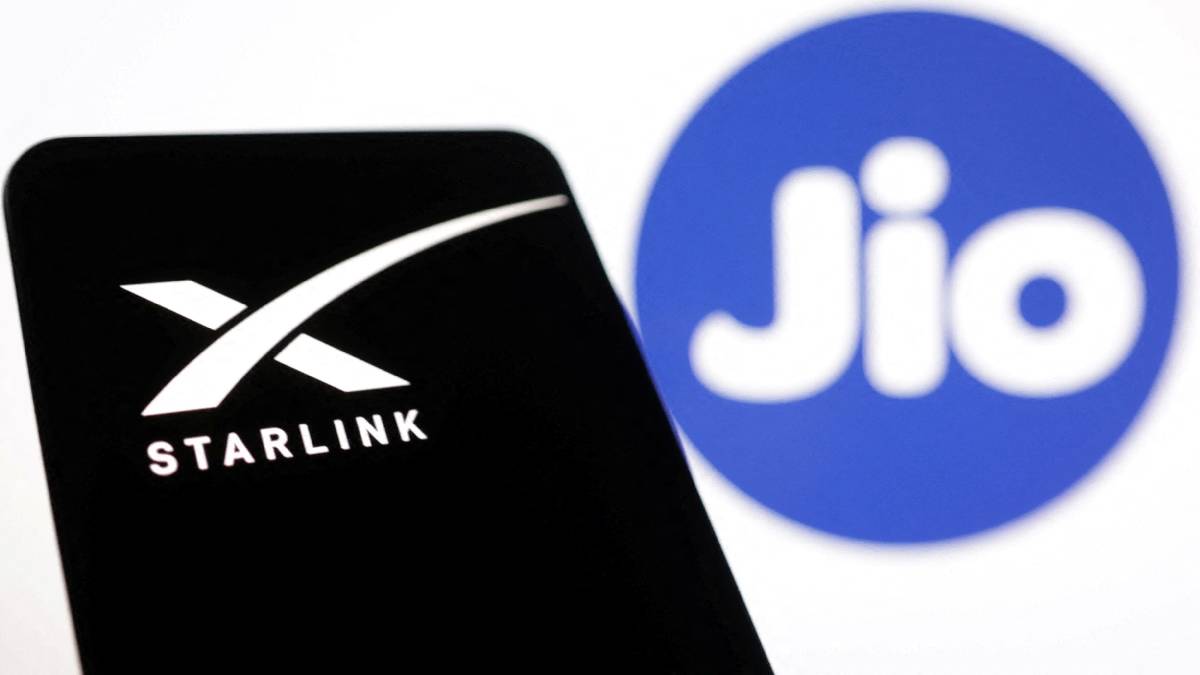 |
|
The entry of Elon Musk's Starlink into the Indian market is facing a new hurdle with Reliance Industries, led by Mukesh Ambani, urging the country's telecom regulator to reconsider its decision to allocate satellite spectrum without an auction. This development marks a fresh confrontation between the two tech giants, each vying for a dominant position in the burgeoning Indian satellite internet market.
Last month, India's Telecom Minister Jyotiraditya Scindia announced that the government would follow a global trend and administratively allocate spectrum for satellite services. This move, however, has triggered opposition from Reliance, which believes that an auction is the fairest method for distributing this valuable resource. Ravi Gandhi, a senior policy executive at Reliance, argued during an open forum that administrative allocation is “the most discriminatory way of distributing any government resource.”
Starlink, on the other hand, supports the government's plan for administrative allocation, viewing it as a forward-looking strategy. Parnil Urdhwareshe, a representative from Starlink, emphasized this perspective. However, analysts believe that Reliance's preference for an auction stems from the higher investment required, which could potentially deter foreign competitors like Starlink. Reliance Jio, the largest telecom operator in India, has long dominated the telecom landscape and is likely wary of losing broadband customers to Musk's venture.
The Telecom Regulatory Authority of India (TRAI) is currently in the process of developing recommendations on the matter, which will significantly influence the future of satellite spectrum allocation in India. Reliance's concerns extend beyond broadband customers, as they fear that Starlink's entry could eventually impact their data and voice clients as technology advances. The potential loss of market share and the ongoing battle for spectrum control represent a significant source of tension between the two billionaires.
Meanwhile, the Department of Telecommunications (DoT) has requested Starlink and Amazon Web Services to complete necessary security compliance procedures before their satellite internet service applications in India can be processed. This requirement highlights the importance of security considerations in the Indian government's approach to satellite internet services. Notably, Airtel's Eutelsat OneWeb and Jio's SES have already obtained approvals for their satellite services, while Starlink and Amazon have yet to submit the required documentation.
Source: Starlink India entry faces new hurdle: Reliance pushes for satellite spectrum auction
